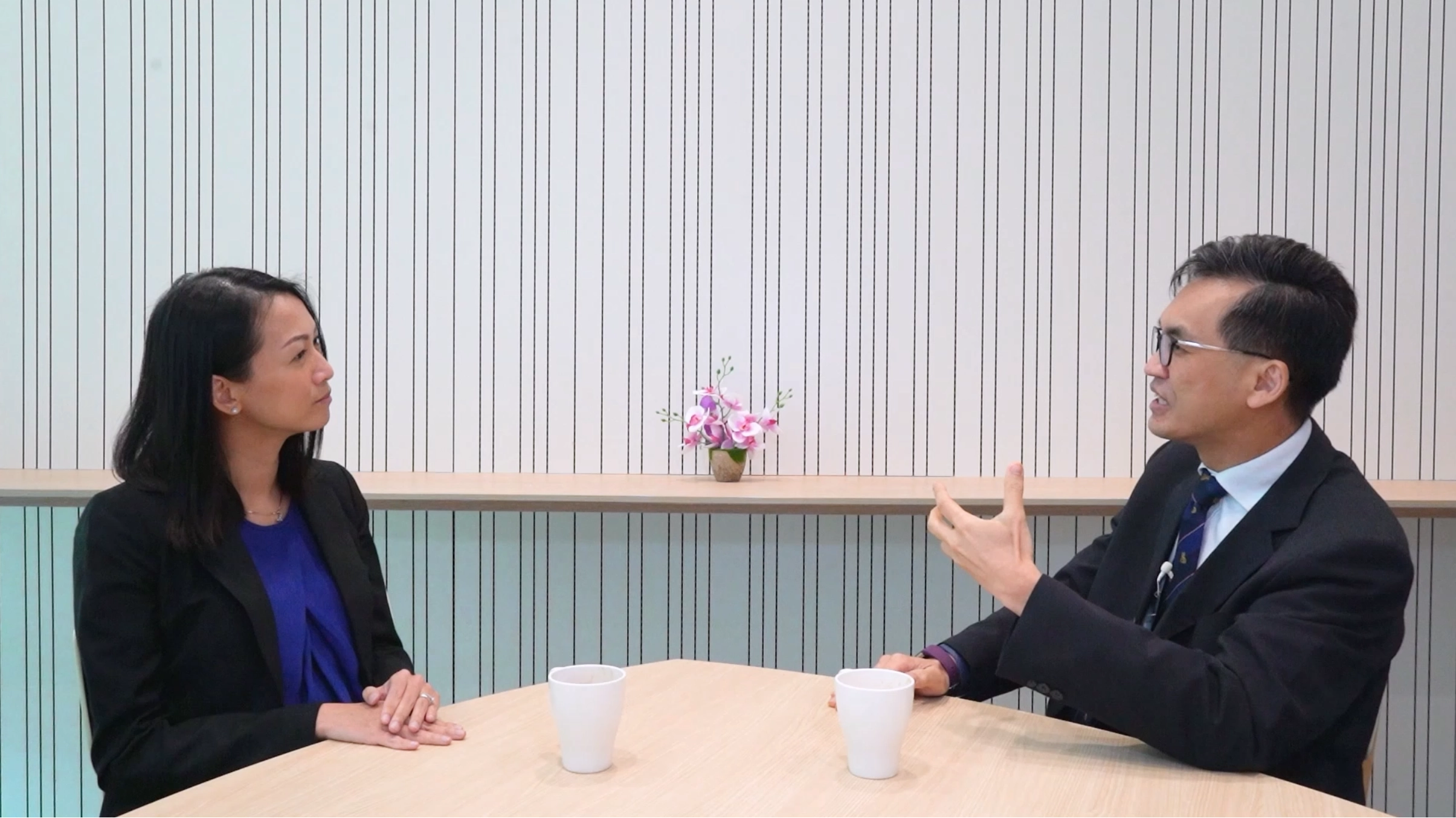
What's The Link Between Hearing Loss & Dementia?
Created Updated
Hearing aids
Hearing loss
Science
INTRODUCTION
Hearing loss affects millions globally, with 1 in 3 people over 65 experiencing it. It's the third most common health issue after arthritis and heart disease. Regardless of age, it's crucial to address hearing loss early. Yet, many wait about ten years after diagnosis to get treated. Delayed treatment can lead to cognitive issues like dementia.
WEBINAR SUMMARY
The Widex Clinical Excellence team from South East Asia recently hosted a webinar addressing the link between hearing loss and cognitive decline.
We were privileged to have Dr. Ho Eu Chin, a distinguished ENT specialist from Gleneagles Hospital Singapore, as a key speaker. Additionally, our Audiologist, April Chong, provided her expertise during the session.With early intervention and aural rehabilitation, the conversation highlighted the important role of prompt and thorough treatment, in enhancing the quality of life for individuals with hearing loss and their associated families.
HEARING LOSS ACCELERATES DEMENTIA
A 2014 John Hopkins study conducted by Dr. Frank Lin and his team, involved tracking 126 patients aged 56 to 86 over a span of 10 years. This study builds on previous findings that link hearing loss to several negative health outcomes, including increased risks of dementia, falls, hospitalisations, and overall diminished physical and mental well-being.
Key Findings:
- Participants with hearing loss at the start of the study showed faster rates of brain atrophy, or brain tissue loss.
- They lost more than an additional cubic centimetre of brain tissue each year compared to those with "normal" hearing.
- Specific brain areas responsible for sound and speech processing were notably affected. These brain parts don't just deal with hearing. They also help with memory and understanding our senses. Plus, they're linked to brain issues, such as memory loss and Alzheimer's disease.
HEARING LOSS IS ALSO THE LEADING MODIFIABLE RISK FACTOR FOR DEMENTIA
Some risk factors for diseases, like our age or genetics, can't be changed. But "modifiable" risk factors, like hearing loss, can be treated or managed. Think of dementia as a potential consequence of many things, with some causes being things we can't control, like getting older. But some causes, like hearing loss, is a leading modifiable risk factor, which refers to something we have control over and is able to change.
If hearing loss is not treated or managed in time, it can increase the risk of dementia. Early intervention and treatment of hearing issues is a preventive strategy that can help us or our loved one safeguard our brains from future memory and cognitive challenges.
MANAGING AND TREATING HEARING LOSS
Addressing hearing loss early is important as it helps both the person with hearing loss and their family communicate better. It is best to see a hearing care professional (HCP) early to get your hearing checked and find your ideal solution. Here are 3 common types of treatment:
- Hearing Aids and Assistive Devices:
These devices are designed to amplify sound, improving the clarity and volume of what you hear. Modern devices are advanced, catering to various types and degrees of hearing loss.
With most hearing aids, you can adjust the settings based on where you are, be it a noisy restaurant or a quiet park. Some may also help in filtering out background noises. Many devices can be connected to smartphones, TVs, and other gadgets.
Apart from improving hearing, these devices can enhance overall quality of life, making social interactions more enjoyable and clear. However, they also require regular maintenance and care.
- Cochlear Implants:
These are surgically implanted devices designed for those with severe hearing loss, where traditional hearing aids might not be effective. Unlike hearing aids that amplify sound, cochlear implants bypass damaged parts of the ear and directly stimulate the auditory nerve.
Cochlear implants allow individuals to perceive sounds, from conversations to environmental noises.They can aid in recognising speech without relying on lip reading. They also enhance the user's ability to hear in noisy settings This treatment option is often more expensive than hearing aids.
- Aural Rehabilitation:
This is a therapeutic approach to help people with hearing loss develop or improve listening skills and communication. It usually involves auditory training, which comprises of listening exercises that help in recognising speech, speech reading, and techniques to improve conversations.
Aural Rehabilitation helps by giving a confidence boost in social situations by enhancing overall communication, therefore reducing feelings of social isolation. It may also offer coping mechanisms for challenging listening environments. Aural rehabilitation can be used in combination with hearing aids or cochlear implants to maximise the effectiveness of hearing loss treatment.
A FINAL WORD ABOUT DEMENTIA PREVENTION
The conversation between Dr. Ho and April underlined the critical role that hearing loss treatment plays in preventing dementia. Early intervention, proper diagnosis, and appropriate treatment are essential to mitigating the potential consequences of untreated hearing loss. A well-rounded approach to treatment ensures that you're not only addressing the physical challenges of hearing loss, but also the emotional and social aspects that come with it.
Furthermore, involving the right hearing care professionals, using good quality hearing aids, and supplementing the treatment process with aural rehabilitation can significantly improve the quality of life for individuals with hearing loss and their families.
Educating the public about the link between hearing loss and cognitive decline, and the need to adopt a paradigm shift in the treatment and management of hearing loss plays a part in ensuring optimal outcomes for patients and their loved ones.
Watch the webinar series on our official Widex YouTube channel.